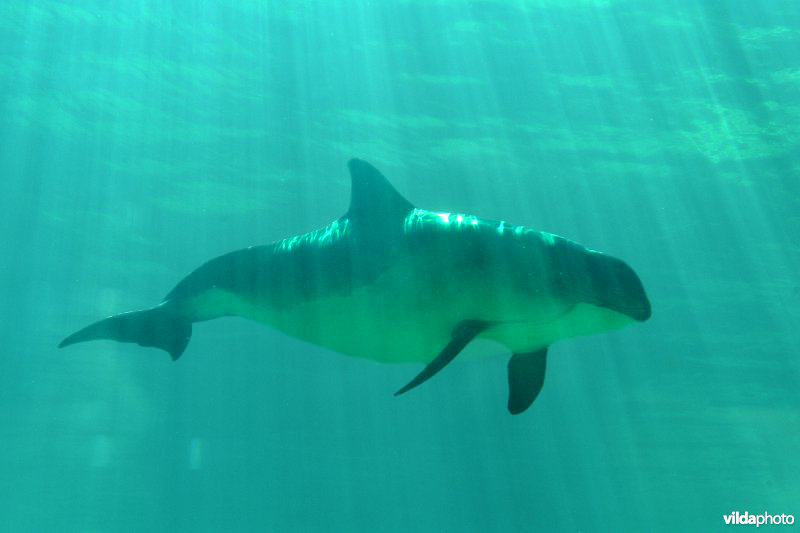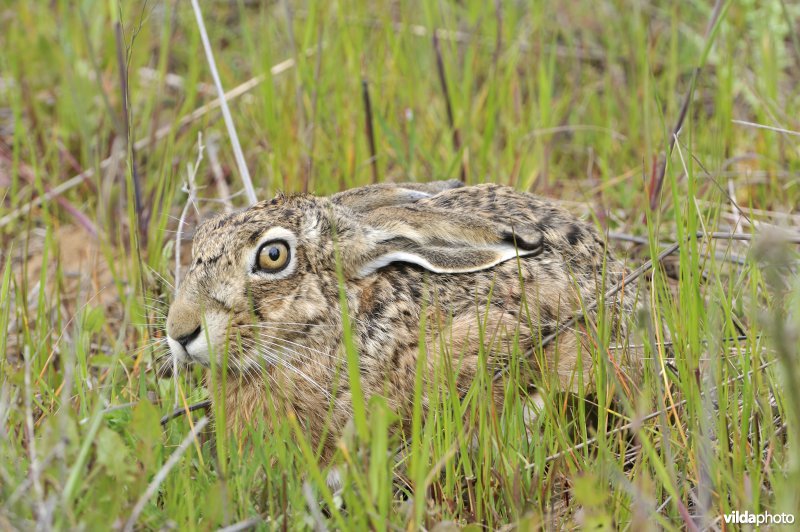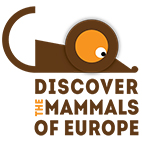Red Lists are critical tools for monitoring the conservation status of species and identifying those at greatest risk of extinction. They provide a foundation for informing decision-making processes and guiding the implementation of appropriate measures to protect and conserve the more vulnerable species. In this context, regular updates to such assessments are vital to ensure the effectiveness of conservation strategies and actions by the relevant authorities.
Continental Portugal is home to 108 species of terrestrial and marine mammals. A recent re-evaluation of 82 species (excluding non-indigenous and occasional species) has shown an increase in the proportion of species assigned to IUCN threat categories, from 22.3% in the last assessment in 2005 to 29.82% now.

Notably, the porpoise (Phocoena phocoena), the killer whale (Orcinus orca) and the lesser mouse-eared bat (Myotis blythii), have been assigned as Critically Endangered (CR), indicating that these species require immediate attention and conservation efforts to prevent their extinction.
In the Endangered (EN) category there are 10 species, of which 5 have experienced an increased risk of extinction since 2005: the pygmy shrew (Sorex minutus), the Pyrenean desman (Galemys pyrenaicus), the Geoffroy’s bat (Myotis emarginatus), the European polecat (Mustela putorius) and the wild cat (Felis silvestris).
The Vulnerable Category (VU) includes 14 species including the Iberian rabbit (Oryctolagus cuniculus) and the Iberian hare (Lepus granatensis) which have experienced a worsening of their status since the last assessment. There has also been an increase in the percentage of rodent species falling under this category, indicating broader conservation challenges.

The decrease of about half, from 27.2% to 13.9% (2005 vs 2022, respectively) of species categorised as having Insufficient Information (DD) reflects ongoing efforts to gather more data about these species and fill knowledge gaps, enabling a more accurate assessment of their conservation status.
The data gathered underscores the significance of safeguarding and managing the habitats and ecosystems that support the species evaluated. Conservation measures, including habitat protection, restoration, and targeted management efforts, can play a crucial role in mitigating the threats mammal species face and ensuring their long-term survival.
Maria da Luz Mathias (coordinator of the project, mlmathias@ciencias.ulisboa.pt)
A digital vesion of the Red book is available here: Red book of Portuguese mammals (in Portuguese).






